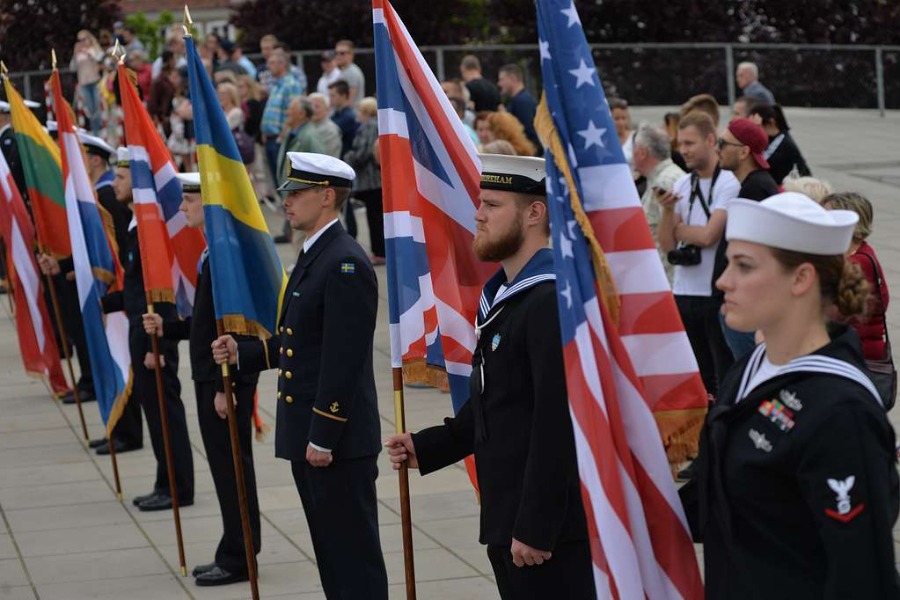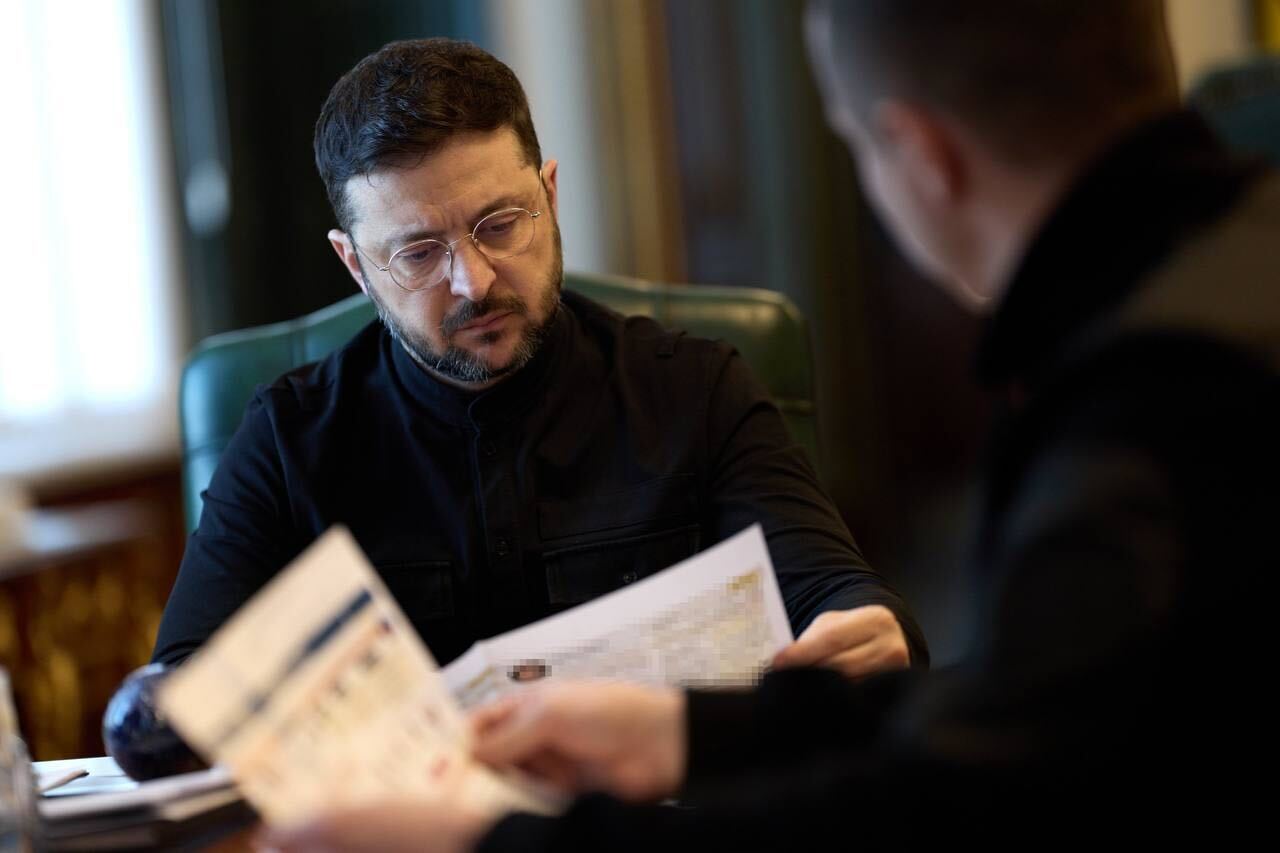The U.S. and South Korea Should Conditionally End Large Joint Military Exercises
The United States and South Korea (the “U.S.-ROK alliance”) generally conduct two major military exercises throughout the year: the Ulchi-Freedom Guardian exercise in the fall (underway until Aug. 31) and the Foal Eagle-Key Resolve exercise in the spring. North Korea regularly complains about these exercises.
The United States and South Korea (the “U.S.-ROK alliance”) generally conduct two major military exercises throughout the year: the Ulchi-Freedom Guardian exercise in the fall (underway until Aug. 31) and the Foal Eagle-Key Resolve exercise in the spring. North Korea regularly complains about these exercises.
Russia and China have suggested that North Korea declare a moratorium on nuclear and missile tests while the U.S.-ROK alliance refrains from large-scale military exercises. Some call this proposal a “dual freeze.” At least one prominent defense analyst, Michael O’Hanlon at Brookings, has said that the arrangement is worth serious consideration. An important South Korean academic has made similar comments.
Is a dual freeze in U.S. and South Korean interests? Unconditional rollback to a non-nuclear North Korea is obviously preferable. But short of a horrific war, that outcome seems unlikely. Presuming North Korea will not give up its nuclear and missile capabilities, a freeze on U.S.-ROK large-scale military exercises may be the price necessary to freeze North Korea’s capabilities at current levels.
Presuming its desirability, how would a dual freeze be achieved? It could be negotiated explicitly with the government of North Korea. Such negotiations would likely take a very long time and would require acknowledging North Korea as a political equal—an acknowledgement that the United States is unlikely to make for a variety of political reasons. An alternative, however, would be for the U.S.-ROK alliance to accept a dual freeze unilaterally (that is, together but without negotiations with North Korea) yet conditionally: The United States and South Korea would state that they will refrain from conducting major military exercises for as long as North Korea refrains from conducting further nuclear or missile tests. Given that the next major military exercise is scheduled for the spring, a commitment to refrain from such exercises would have no operational impact for about six months. North Korean restraint in conducting nuclear or missile tests, even for six months, clearly serves U.S. and South Korean security interests.
After the United States and South Korea issued such a statement, North Korea would either continue testing or it would not. If it did test, the U.S.-ROK alliance could place the onus on the regime in Pyongyang for giving the United States and South Korea an entirely plausible, foreseeable and understandable reason for resuming large-scale exercises. Washington and Seoul could even speed up their schedule for these exercises. This outcome would further demonstrate to China and Russia that their notion of a dual freeze will not work, and show that they need to exert other kinds of pressure on North Korea. And for whatever time frame North Korea did not test, the United States, South Korea and others would enjoy a more stable security environment in East Asia.
Refraining from conducting exercises would not preclude planning for exercises. It is only a promise not to conduct a major military exercise for as long as North Korea refrains from any nuclear or missile testing. Why is a unilateral statement the best way to proceed? One simple reason: It requires no negotiation with North Korea. Since the Kim government rationalizes its missile and nuclear testing by arguing that U.S.-ROK exercises are rehearsals for an invasion of North Korea, a unilateral statement would call Pyongyang's bluff, changing the incentives for North Korean testing and making it directly responsible for provocative behavior. That in itself is worthwhile politically, and the North Koreans may well surprise by not testing for an extended period. The U.S. and South Korea have an opportunity to test North Korean intentions for the next six months, and they should take it.





